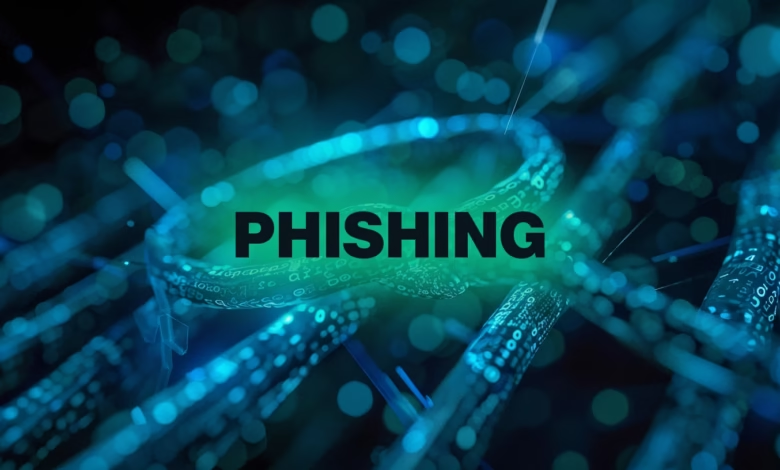71% of New Employees Fall for Phishing Emails in First 3 Months

▼ Summary
– New hires are 44% more likely to fall for phishing and social engineering scams than longer-term employees, especially in their first 90 days.
– Common attack methods include fake CEO messages, bogus HR portals, phony invoices, and fake tech support, exploiting new employees’ unfamiliarity with company processes.
– 71% of new hires fall for phishing due to lack of experience and insufficient security training during onboarding.
– Companies using adaptive phishing simulations and behavior-based training saw a 30% drop in phishing risk for new hires.
– New employees are 45% more likely to click on CEO-impersonation phishing emails, highlighting their vulnerability in early months.
New employees face significantly higher risks of falling for phishing scams during their critical first three months on the job, with recent data revealing alarming vulnerability rates. A comprehensive study analyzing workforce behavior across multiple industries found that 71% of new hires click on malicious emails, exposing companies to substantial security threats.
The heightened susceptibility stems from several factors. Fresh recruits often lack familiarity with internal communication protocols, making it difficult to distinguish legitimate requests from sophisticated scams. The pressure to perform and comply with perceived authority figures, such as fake emails impersonating executives, further increases their likelihood of engaging with dangerous content. Additionally, inadequate or delayed cybersecurity training during onboarding leaves many unprepared to recognize red flags.
Attackers exploit these weaknesses through common tactics like fraudulent HR portals, spoofed CEO requests, and fake invoices. These scams prey on new employees’ eagerness to follow instructions and their limited knowledge of company procedures. Notably, impersonation attempts targeting leadership were 45% more effective with recent hires compared to seasoned staff.
The research highlights actionable insights for organizations:
- New hires are 44% more likely to engage with phishing attempts than employees with over 90 days of tenure.Proactive measures, including realistic phishing simulations and role-specific security coaching, can dramatically lower vulnerability. Businesses that prioritize these strategies create stronger defenses while fostering a culture of vigilance among their newest team members.
(Source: NewsAPI Cybersecurity & Enterprise)
